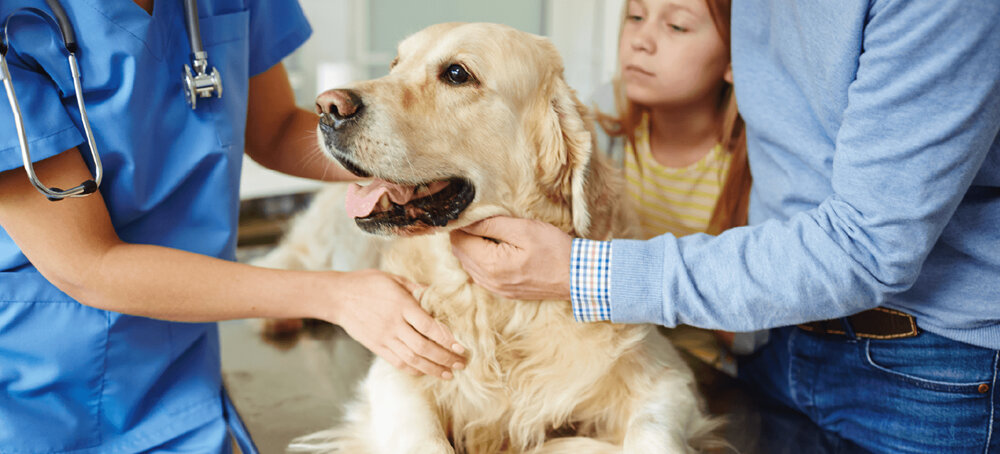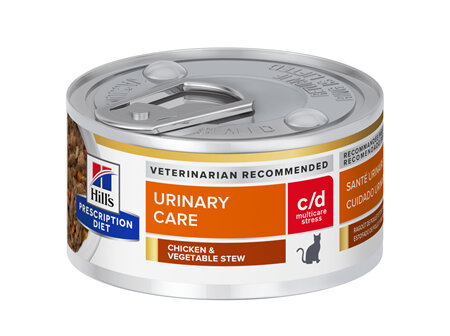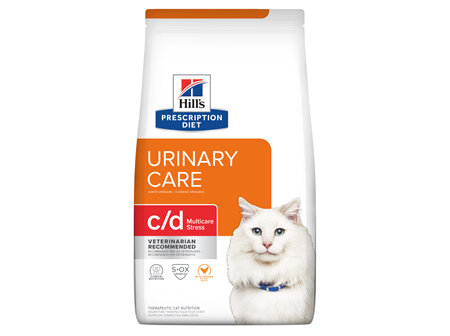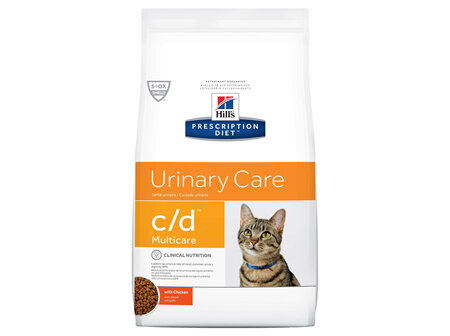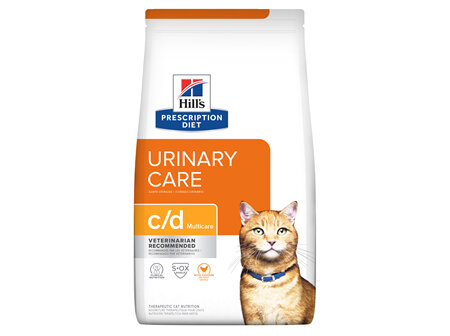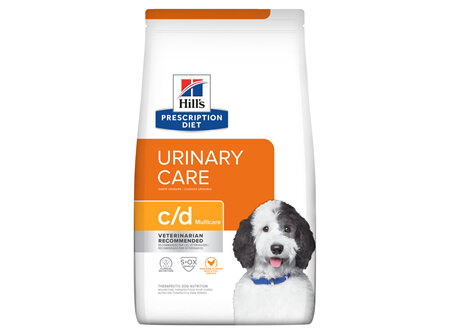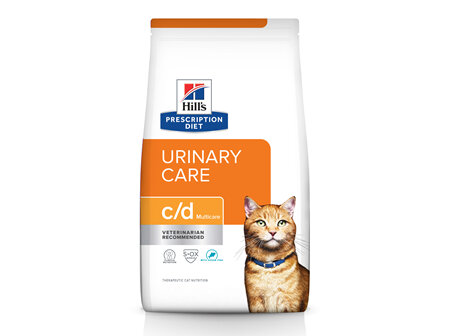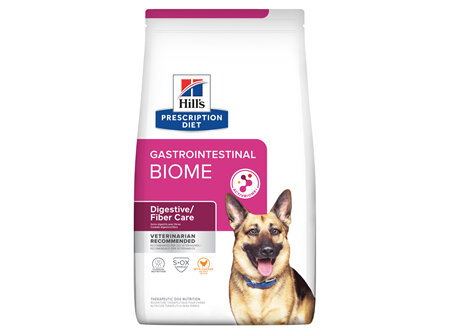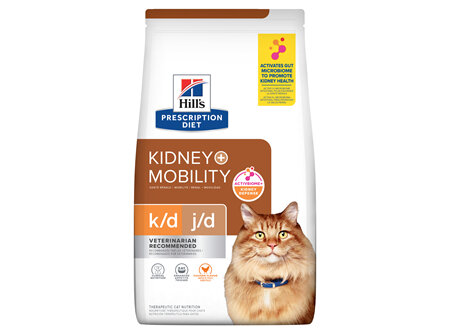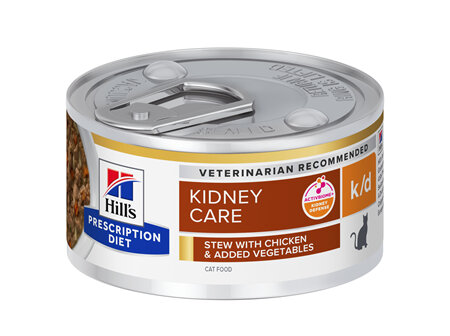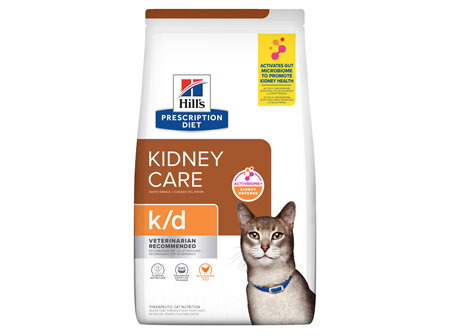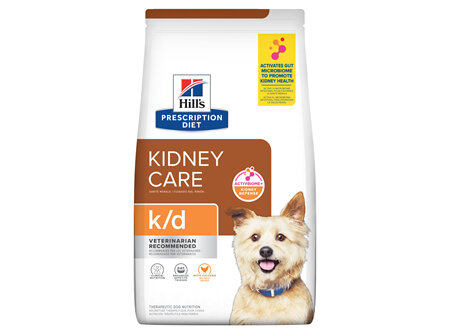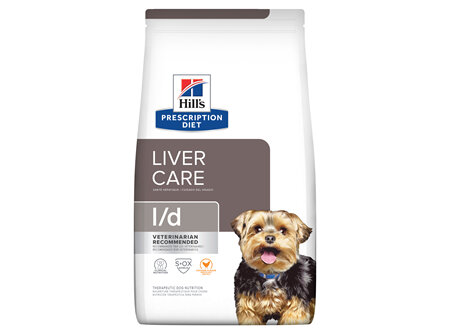Desexing cats and dogs
If you do not intend to breed from your pet, desexing them has many benefits. Here we will explore the meaning, advantages, and risks, of desexing so you can make a well-informed decision for your kitten, puppy, cat, or dog.
What is desexing?
Also known as neutering, desexing is a common surgical procedure performed daily by veterinarians to remove an animal's reproductive organs or ability. Often referred to as a neuter or spay, in males the typical procedure is called castration, and in females, it is spaying.
Neutered dogs and cats will not go on heat, have periods or the desire to mate, nor become pregnant.
What is the difference between castration and spaying?
Castrating males involves the removal of the testicles, whilst spaying females involves the removal of the ovaries or ovaries and uterus.
Surgery for females is more complex so it requires a longer anesthetic and longer surgery time. For this reason, recovery from surgery is generally slower for females than for males. Once at home, you will need to look out for signs of infection after neutering and for the first night keep them quiet and prevent them from playing, climbing stairs, and running. Most are back to normal within 24 hours of surgery.
It is likely female cats, female and male dogs will need to wear a cone after neutering to prevent them from pulling out their stitches. How long they should wear the cone for will depend on their temperament, but usually at least a week. Stitches are then removed 10-14 days after surgery.
What age can a kitten or puppy be neutered?
Desexing before puberty is usually recommended for both cats and dogs. It is ideal to have females spayed before her first heat cycle, at 5 to 6 months of age. For males, it can be done as soon as the testicles descend into the scrotum, usually 4 to 6 months of age.
Many kittens and puppies from rescue shelters are neutered at an earlier age, prior to being adopted.
When should I get my dog desexed?
For some dogs, the best age for neutering may depend on other factors such as breed, genetic predisposition, or body size. Some breeds like Labradors, Golden Retreivers, Rottweilers, desexing after puberty (first heat) may have some benefits. Please discuss with us what is right for your dog.
Are there signs my dog or cat needs to be neutered?
An unwanted pregnancy and resulting kittens and puppies to care for, and find homes for, are obvious signs. Also, overly aggressive dogs or wandering cats can be calmed down and benefit from desexing.


